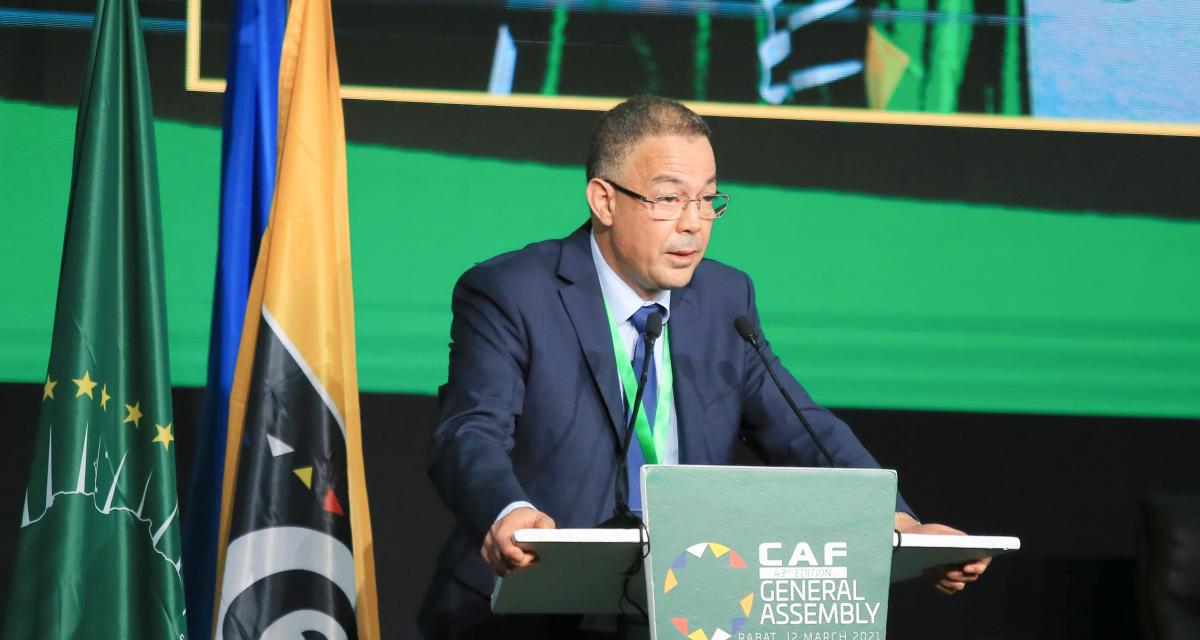We use cookies to help you navigate efficiently and perform certain functions. You will find detailed information about all cookies under each consent category below.
The cookies that are categorized as "Necessary" are stored on your browser as they are essential for enabling the basic functionalities of the site. ...
Necessary cookies are required to enable the basic features of this site, such as providing secure log-in or adjusting your consent preferences. These cookies do not store any personally identifiable data.
Functional cookies help perform certain functionalities like sharing the content of the website on social media platforms, collecting feedback, and other third-party features.
Analytical cookies are used to understand how visitors interact with the website. These cookies help provide information on metrics such as the number of visitors, bounce rate, traffic source, etc.
Performance cookies are used to understand and analyze the key performance indexes of the website which helps in delivering a better user experience for the visitors.
Advertisement cookies are used to provide visitors with customized advertisements based on the pages you visited previously and to analyze the effectiveness of the ad campaigns.

Meeting on Wednesday September 27 at its headquarters in Cairo, the CAF Executive Committee designated the host countries for the 2025 and 2027 AFCONs. These two editions went to Morocco and the trio of Kenya, Uganda and Tanzania respectively.
Although the suspense was lifted before the vote for CAN 2025, due to the last-minute withdrawal of competing bids, the Kingdom of Morocco was well placed to win the vote.
According to the summary of the technical report produced by the firm in charge of auditing the candidate countries, consulted by Sport News Africa, Morocco scored the highest against its competitors. With a final technical score of 85/100, Morocco came out on top ahead of Algeria (72/100), Zambia (49/100) and the duo of Benin and Nigeria (46/100).
The firm rated all the candidate countries on 9 points, including the socio-political situation, security, stadiums, other infrastructures and the financial capacity to organize the event.